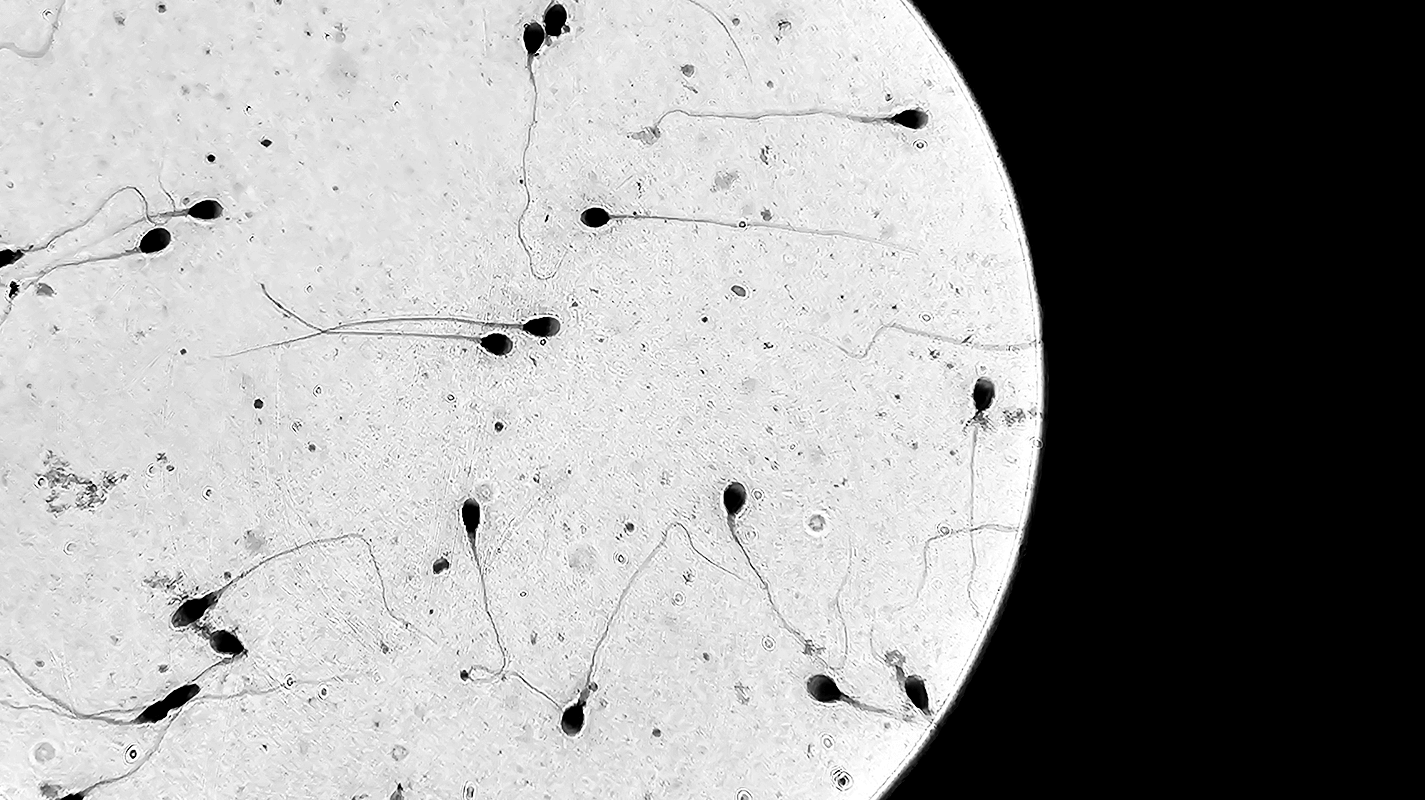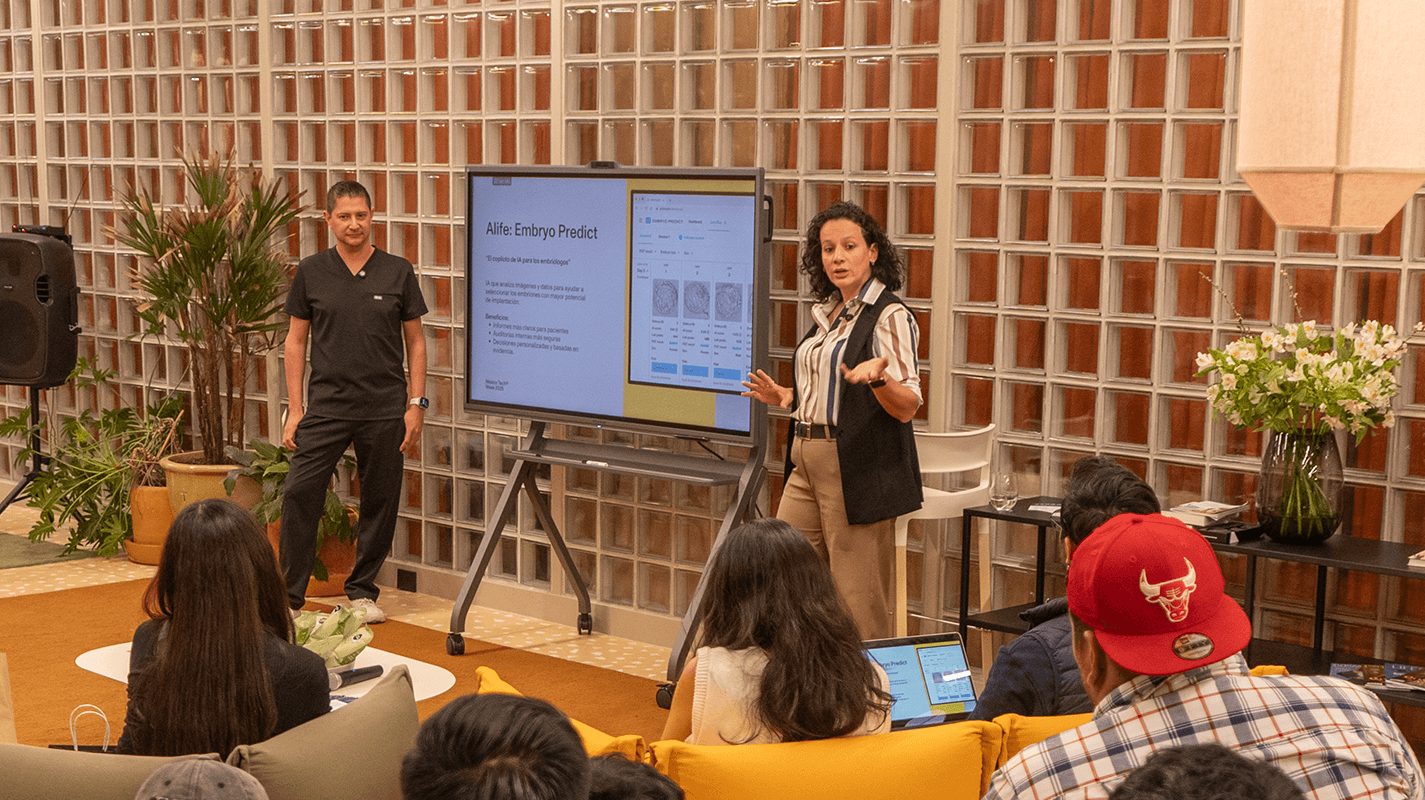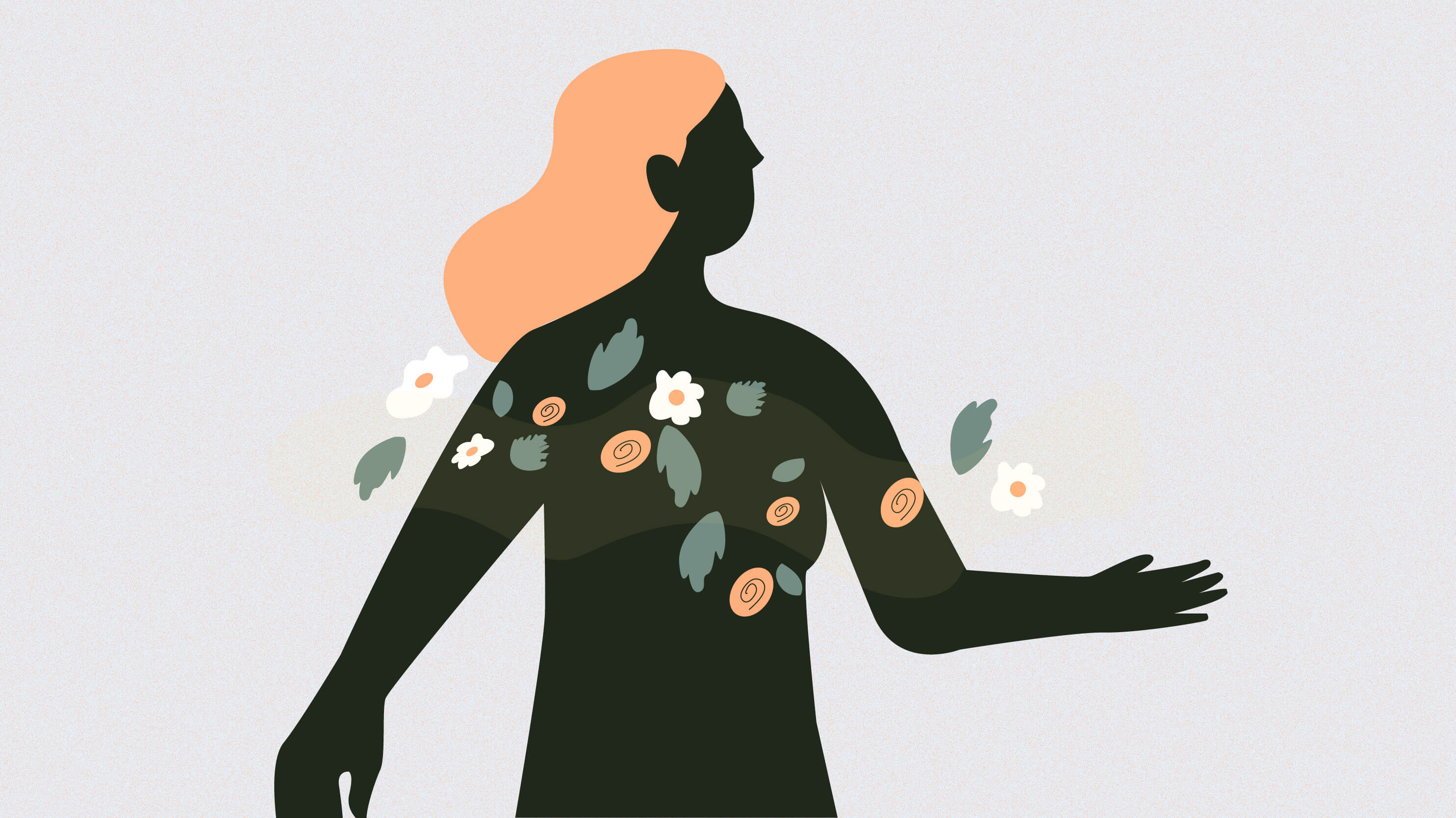Why is it important to talk about LGBTQ+ reproductive health?

Did you know that more than 200,000 fertility treatment cycles are carried out annually in Latin America?
What’s most revealing is that, increasingly, those seeking these alternatives don’t fit the traditional family model. (REDLARA, 2019). There are solo mothers, same-sex couples, trans individuals, and many others who share the same dream: building a family.
At Fertilidad Integral, we recognize and celebrate that diversity — and we want to say it clearly: here, all family structures are welcome.
International Day Against Homophobia, Transphobia, and Biphobia
Every year on May 17, we observe the International Day Against Homophobia, Transphobia, and Biphobia — a date that commemorates the removal of homosexuality from the World Health Organization’s list of mental illnesses in 1990 (WHO, 1990). This day serves as a powerful reminder of the progress made — and the challenges that remain — in the fight for equality and respect for the LGBTQ+ community.
At Fertilidad Integral, we say it loud and clear: all families are welcome here.
Reproductive health is a fundamental right that should be accessible to everyone, regardless of their sexual orientation or gender identity. Yet LGBTQ+ individuals still face significant barriers in accessing fertility services and quality healthcare.
According to the World Health Organization, infertility affects one in six people of reproductive age globally (WHO, 2023). Despite how common it is, many fertility clinics are still not equipped to properly support LGBTQ+ patients — which can lead to discrimination or exclusion.
That’s why it’s essential for healthcare services to adopt an inclusive perspective that embraces diverse identities and orientations, ensuring fair and equitable care for all.
Diverse Families
In recent decades, Latin America has undergone a significant transformation in how families are structured. It’s increasingly common for same-sex couples to seek assisted reproduction treatments as a way to build their families. This shift reflects a more inclusive society that recognizes the richness of family diversity.
For example, couples of two women may choose intrauterine insemination (IUI) with donor sperm or opt for the ROPA method (Reception of Oocytes from Partner), which allows both to participate actively in the reproductive process — one providing the egg, and the other carrying the pregnancy.
Male couples may pursue parenthood through surrogacy, using donor eggs and the sperm of one of the partners. These options not only provide biological possibilities for those who wish to become parents but also represent progress toward the legal and social recognition of all types of families.
Trans individuals also face unique challenges when it comes to family-building. Gender-affirming hormone therapy can impact fertility. That’s why it’s crucial they receive clear, accessible information about how these treatments may affect their reproductive potential — and what options exist for preserving it. These may include freezing eggs or sperm prior to starting hormone therapy, keeping the door open to parenthood in the future, should they choose it.
Our Commitment to Inclusion
At Fertilidad Integral, we believe that everyone has the right to build a family — regardless of their identity or personal circumstances. That’s why we work every day to create a safe, respectful, and inclusive space, tailoring our services to support diverse family realities.
Below are some of our main treatments:
- Intrauterine Insemination (IUI)
Ideal for single women or lesbian couples.
Cost: $21,850 MXN - In Vitro Fertilization (IVF)
Recommended for individuals with fertility challenges or those needing donor gametes.
Cost: $125,000 MXN - Egg thawing, fertilization, and embryo transfer
For those who have previously frozen eggs and are ready to use them.
Cost: $60,300 MXN - Endometrial preparation and embryo thawing
For individuals or couples with cryopreserved embryos.
Cost: $31,900 MXN - Fertility Preservation
— Embryo freezing: $113,700 MXN
— Egg freezing: $90,000 MXN
— Sperm freezing: $10,800 MXN
(All prices exclude medications)
At FI, we honor all family structures and provide personalized care with a team committed to delivering professional and compassionate support.
Thank you for trusting us and allowing us to be part of your journey to parenthood.







